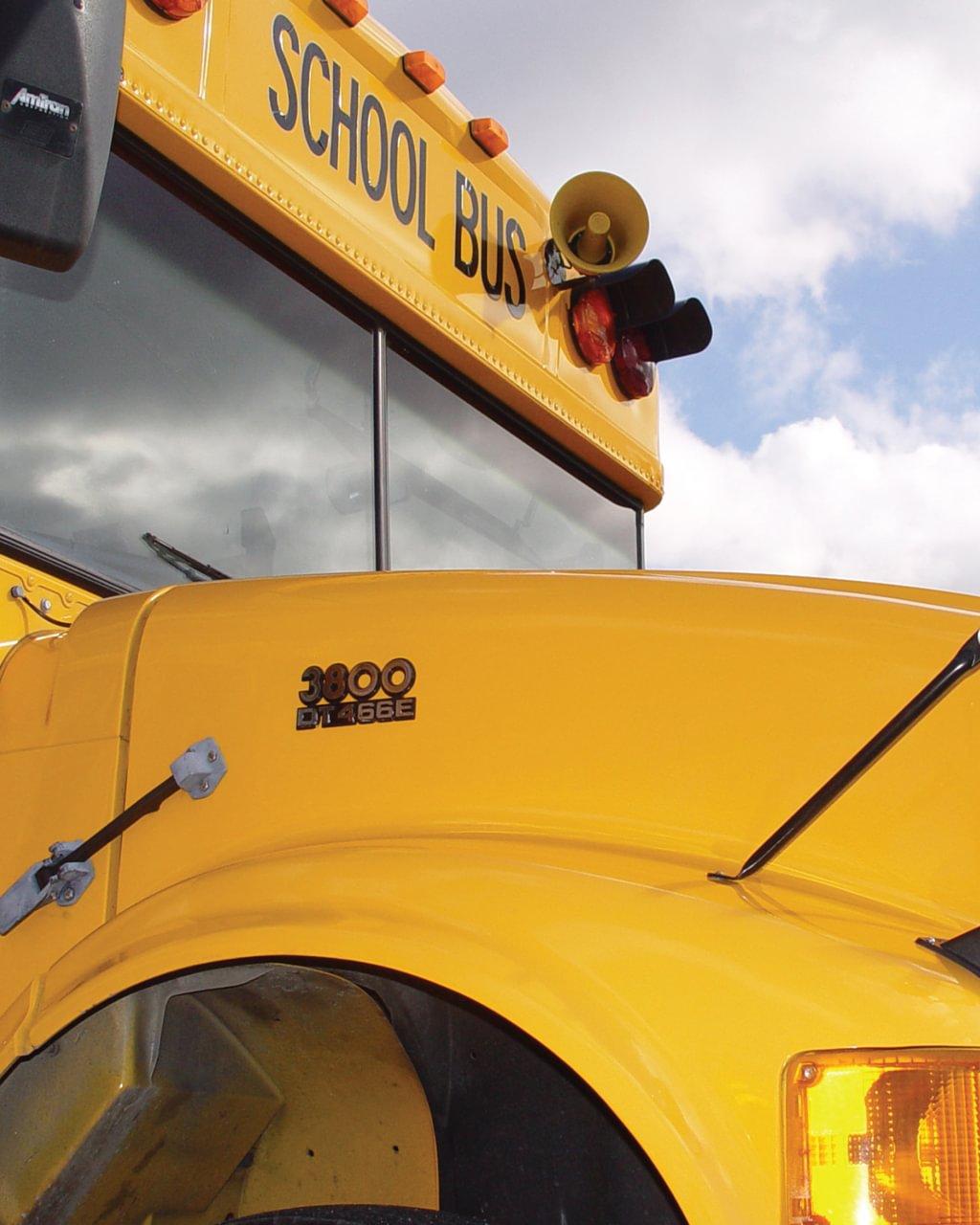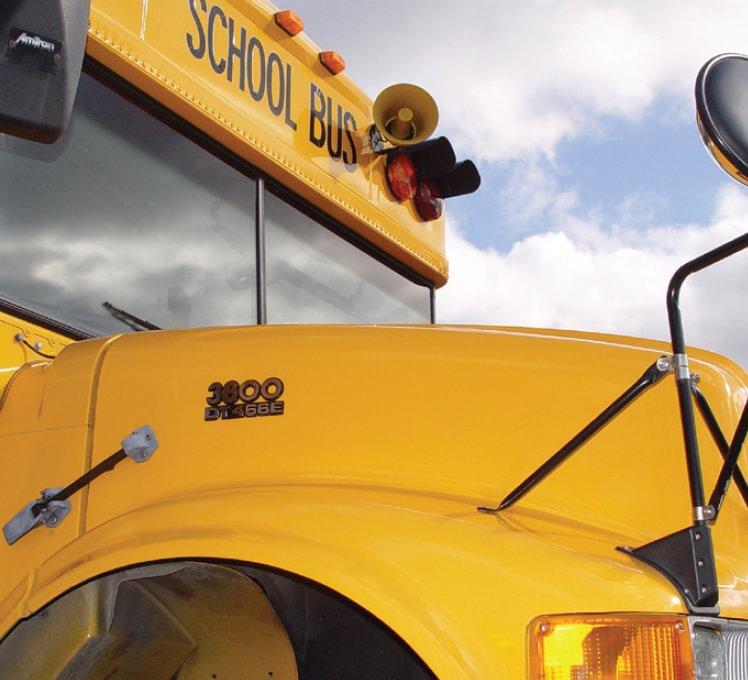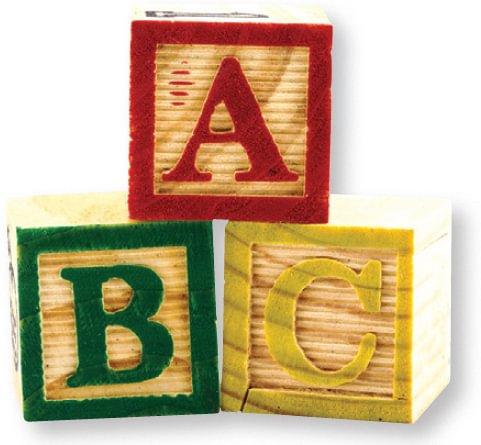





Setting your child up for academic success and preventing academic burnout relies on establishing the building blocks of resilience early in your child’s educational career. These building blocks include secure attachment styles, grit, a growth-oriented mindset, emotional regulation, self-awareness and self-efficacy.
Resilience helps children develop the ability to accept feedback, tolerate failure, set goals and navigate the social-academic culture, paving the way to becoming successful lifelong learners. “Creating an environment that nurtures resilience and provides continuous support while allowing them to be challenged can help your child develop and maintain academic success,” says Dr. Shefali Gandhi, a licensed psychologist in Scottsdale, Arizona.
Research consistently supports the strong influence of parenting styles on academic resilience. It is crucial to recognize your impact and understand what you can do to support your child. If your child does start to show signs of academic burnout, remember that it is not permanent. Reminding our children that resilience develops in the face of adversity is key to helping them achieve academic resilience.
COLLEGE READINESS in Pre-K
CHILD READING LIST
★ “Rosie Revere, Engineer” by Andrea Beaty
★ “Beautiful Oops!” by Barney Saltzberg
★ “What Do You Do With a Problem?” by Kobi YamadaI
★ “Your Fantastic Elastic Brain” by JoAnn Deak
PARENT READING LIST
★ “The Read-Aloud Handbook” by Jim Trelease
★ “How to Talk So Kids Will Listen & Listen So Kids Will Talk” by Adele Faber and Elaine Mazlish

t’s neverthis SAD means learning to recognize FRUSTRATED and manage overwhelming HAPPY emotions, practicing coping strategies, and accepting their feelings as a natural part of who they are. Emotional regulation at an early age helps children become self-aware and understand limits and rules. They learn to tolerate failure and persist in their efforts, which fosters an openness to new experiences without undue fear Reveal of challenges. How






